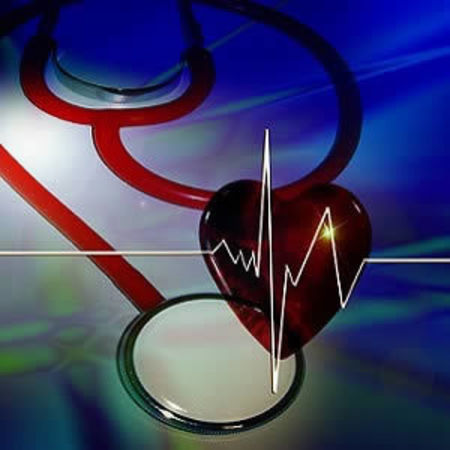Patients who have experienced shortness of breath or fatigue – and have become less active as a result – could be experiencing heart failure. These patients should immediately take action as waiting to address these symptoms can do more damage, according to experts at Penn State Heart and Vascular Institute.
See Also: Recognising the 'Subtle Symptoms' Before a Heart Attack
Early diagnosis of the condition is important because the longer a patient is undiagnosed, the more debilitated they become. The disease can begin to affect other organs such as the kidneys and liver, making the individual less able to tolerate a serious operation.
Symptomatic patients and those with risk factors such as high blood pressure, diabetes and a family history of heart disease are generally sent for an echocardiogram – or ultrasound of the heart – to determine the type and stage of heart failure.
Doctors are often able to begin medical treatment when the condition is caught early enough, says Dr. Omaima Ahmed Ali, associate medical director of the heart transplant programme. And she stresses that a diagnosis of heart failure requires changes. "A lot of lifestyle modifications are important, such as eating healthy food, not smoking and losing weight if they're obese."
For heart failure patients whose symptoms continue despite treatment or who experience significant decline in activity and who have been hospitalised as a result, surgical options may be considered. While heart transplants are optimal, they have become a rare occurrence.
Most patients find themselves with a surgically-implanted device. The most common is the LVAD (left ventricular assist device). This is used when the left ventricle fails, and typically buys the patient time until a heart becomes available for transplant, according to Dr. Behzad Soleimani, surgical director for heart transplant and mechanical circulatory support. LVAD can also be used as a permanent solution for those who do not qualify for a transplant.
For those patients who need support for both ventricles, "we would implant total artificial hearts," Dr. Soleimani said. While there are certain situations where a total artificial heart is not a possibility, it has become increasingly uncommon for a patient to not qualify for either device which would make transplant the only option.
Source: Penn State Health Milton S. Hershey Medical Center
Image Credit: Pixabay
Latest Articles
heart failure, fatigue, shortness of breath, symptoms
Patients who have experienced shortness of breath or fatigue – and have become less active as a result – could be experiencing heart failure. These patients should immediately take action as waiting to address these symptoms can do more damage, according



























